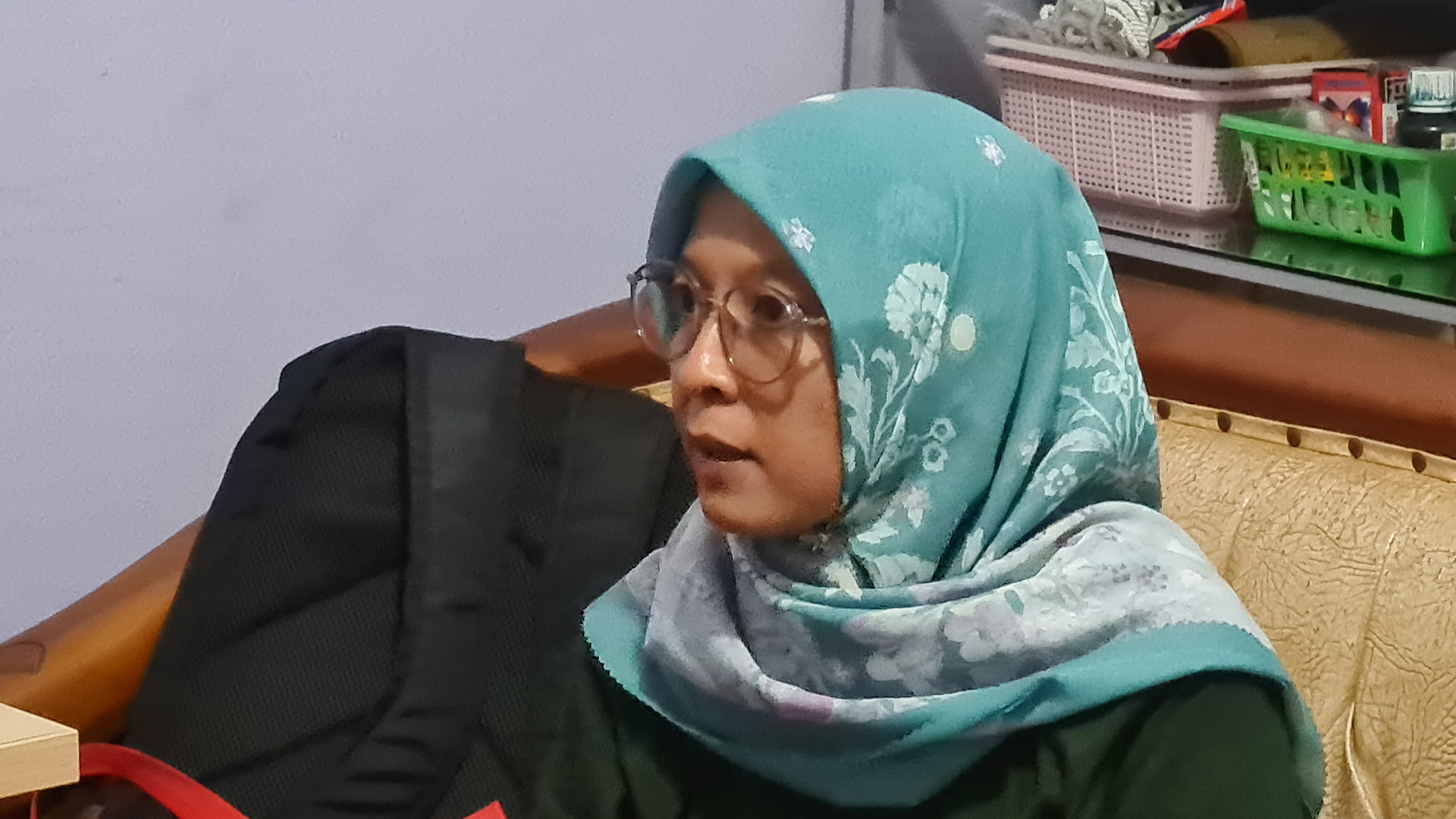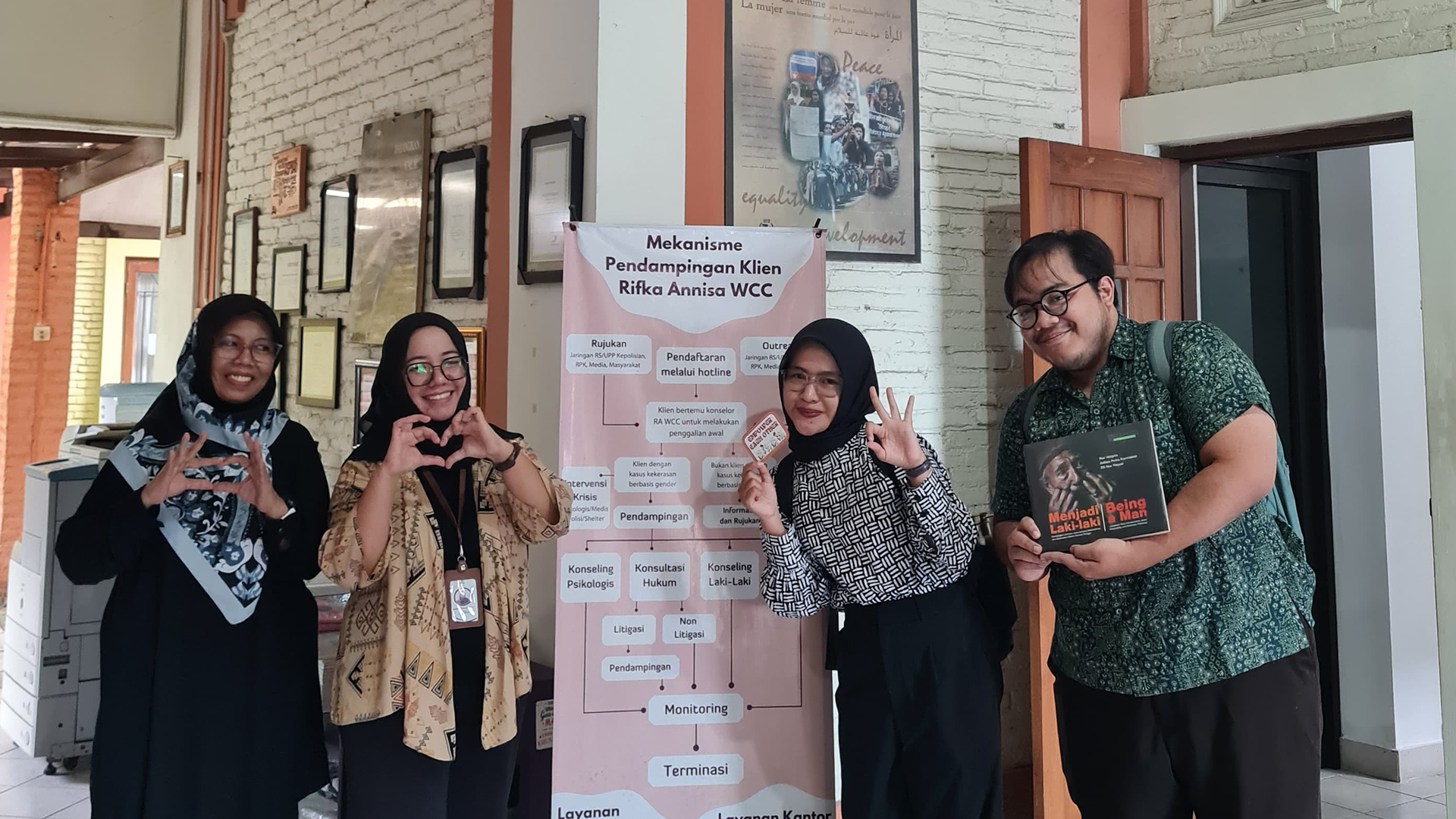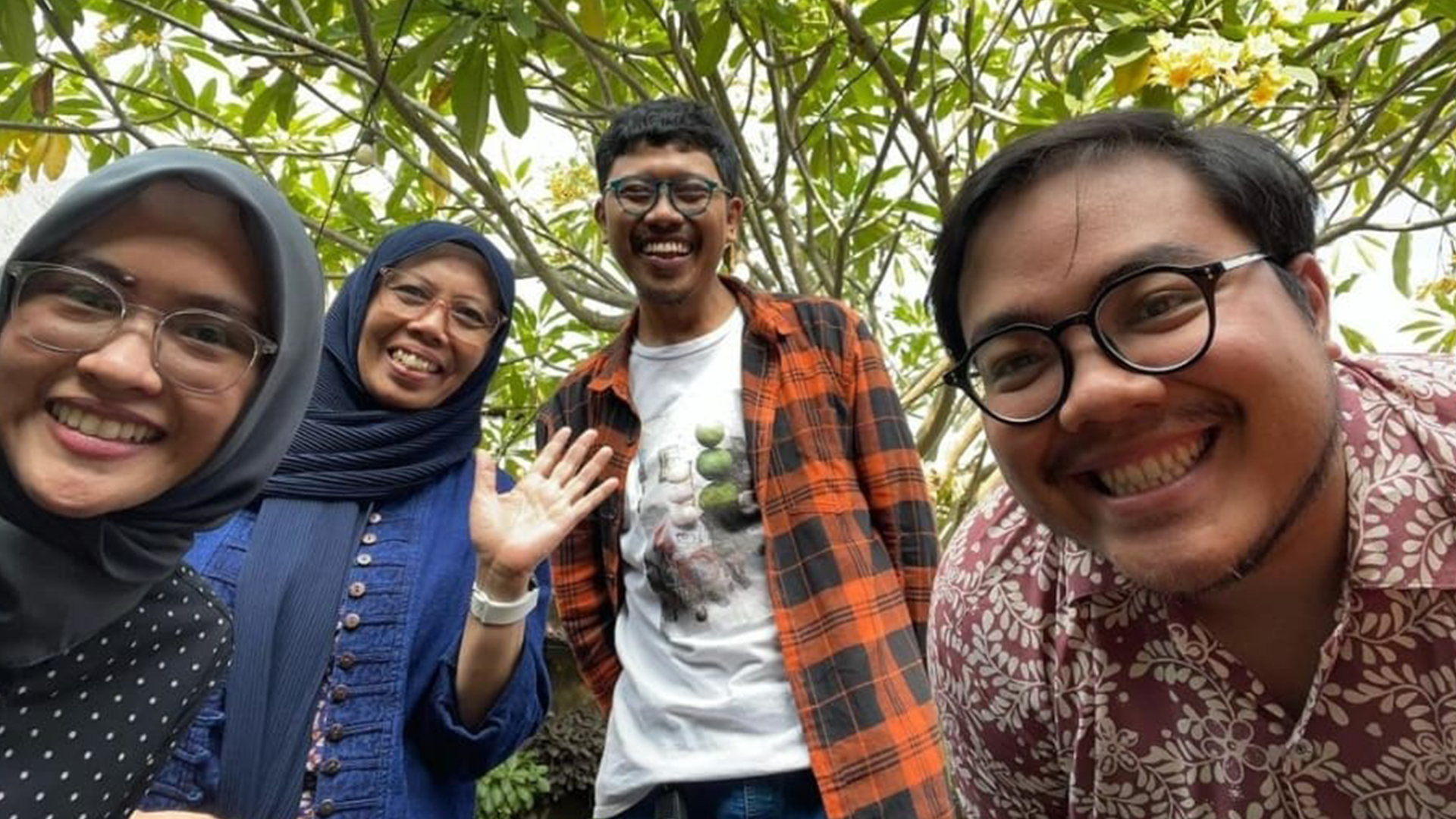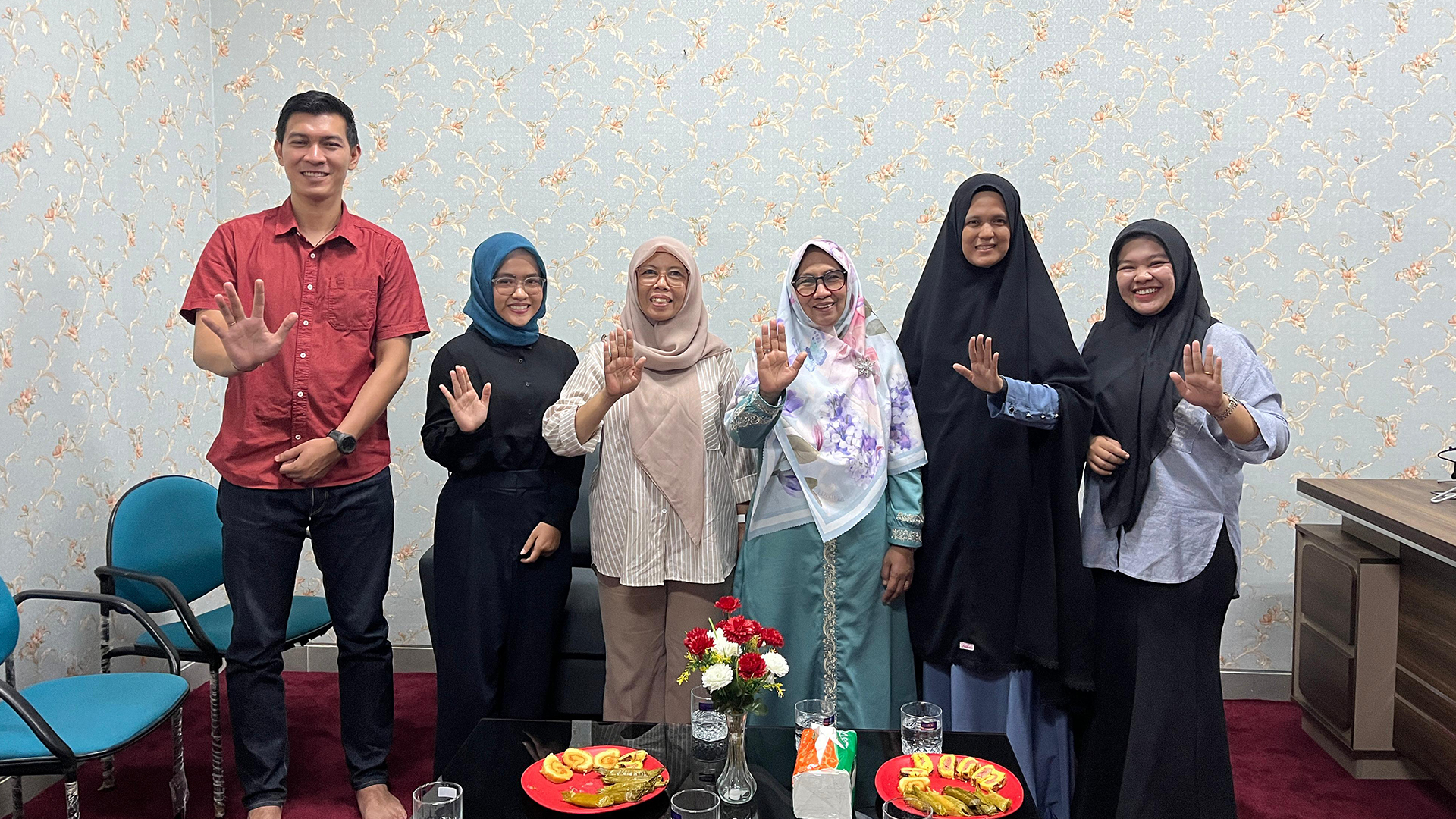
Sana
SP Kinasih
Indiah
Rifka Annisa
Anang
Panen Apa Hari Ini
R and Esa
HopeHelps
Erin & Nana
Srikandi Lintas Iman
Ita Fatia Nadia
Solidaritas Pangan Jogja (SPJ)
Indonesia experienced a political transition from the Orde Baru (New Order) to Reformasi (Reformation), during which its democracy evolved from an existing procedural system to one that was substantially implemented. Within the early years of that transformation (1999–2005), a series of communal conflicts based on ethnic to religious disputes erupted in several provinces in Indonesia. During the same period, Indonesia also faced secessionist conflicts in Aceh and Timor-Leste. These conditions were established in a fragile and uncertain landscape due to the prevailing political and socioeconomic situation at the national level at that period.
As these conflicts would have had a significant impact on the local and national development as well as the newly reformed democracy, the Indonesian central government led several formal mediation processes to resolve the conflicts such as Malino 1 Agreement (2001) in Central Sulawesi; Malino 2 Agreement (2002) in Maluku; and Helsinki Peace Agreement (2005) in Aceh. Accompanying the formal resolution effort carried out by the government, the local community initiated local peace processes that included non-elite figures and business leaders. Women were among the many stakeholders who actively led local efforts, including mediation, negotiation, facilitation, and peacebuilding.
Furthermore, the Indonesia national-level research covered three locations: Aceh, Ambon, and Yogyakarta, each with a distinct conflict background. Aceh province experienced an armed open conflict in the form of civil war (1976 – 2005) between the Free Aceh Movement/Gerakan Aceh Merdeka (GAM) and the Indonesian military. Ambon, the capital city of Maluku province, experienced an ethno-religious communal conflict (1999 – 2002) between the Muslim and Christian communities. Lastly, Yogyakarta is experiencing challenges at the grassroots level, often referred to as latent conflicts or conflicts below the surface.






